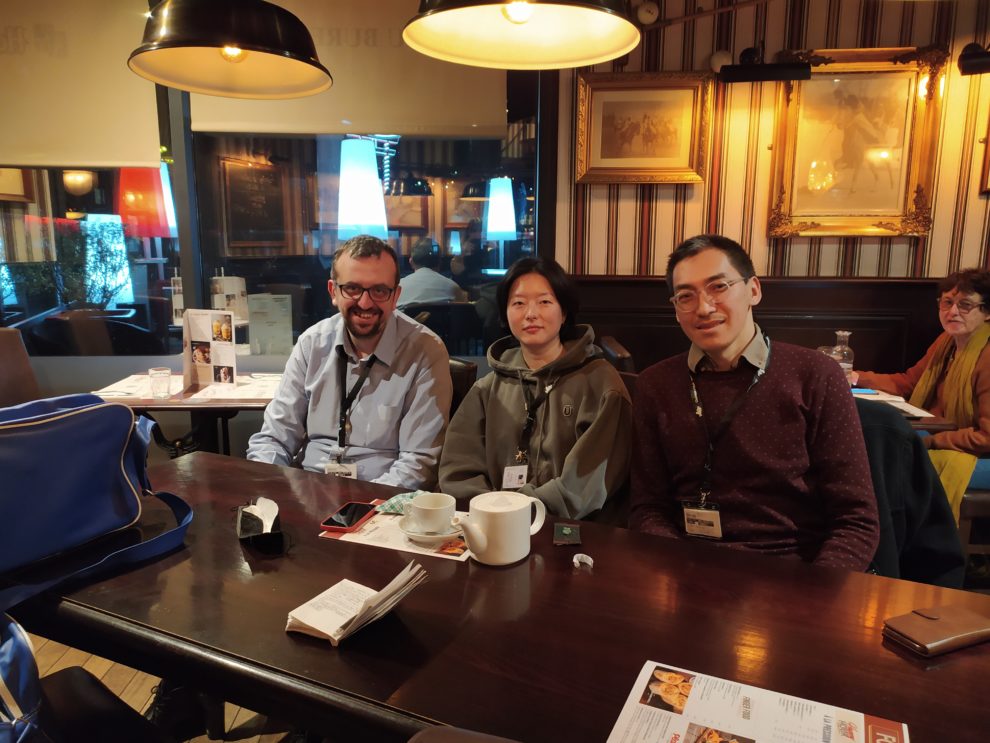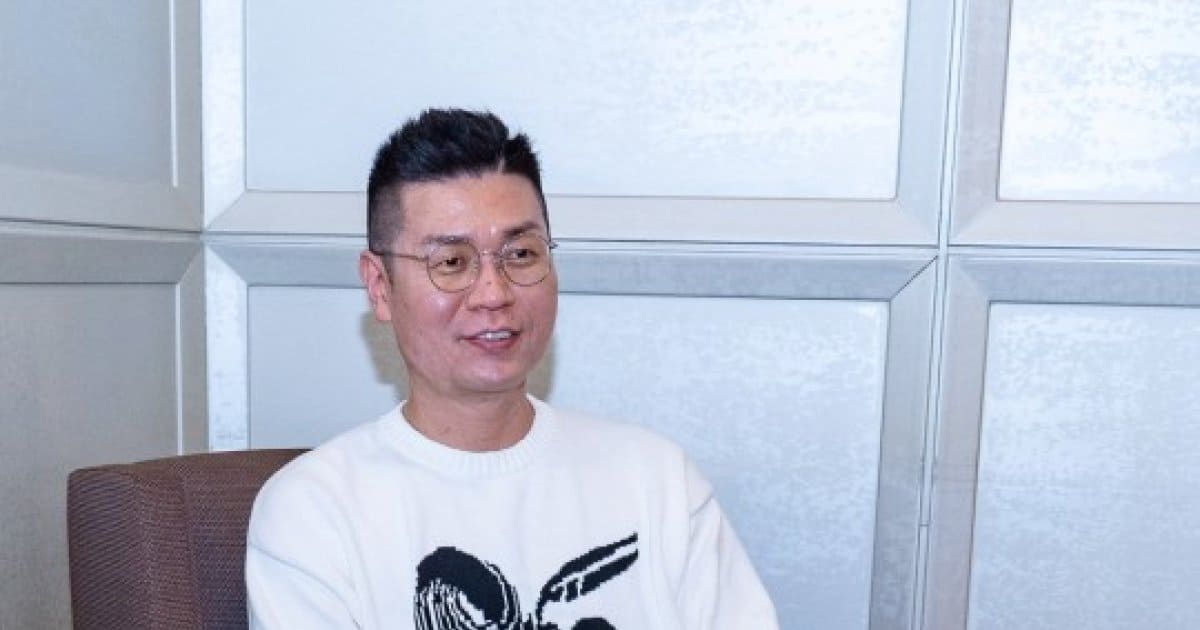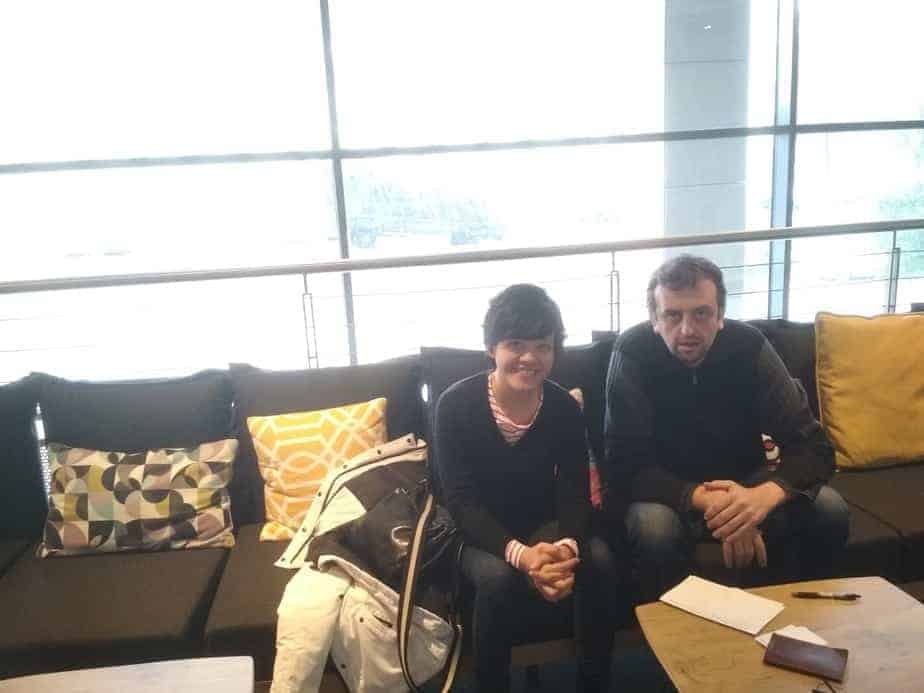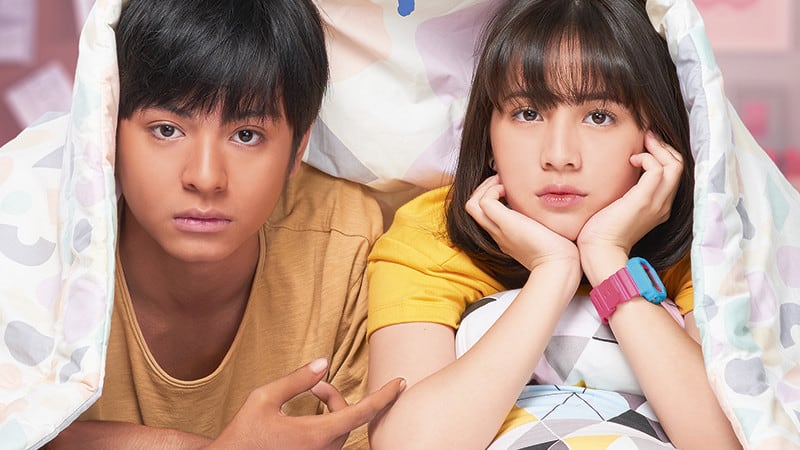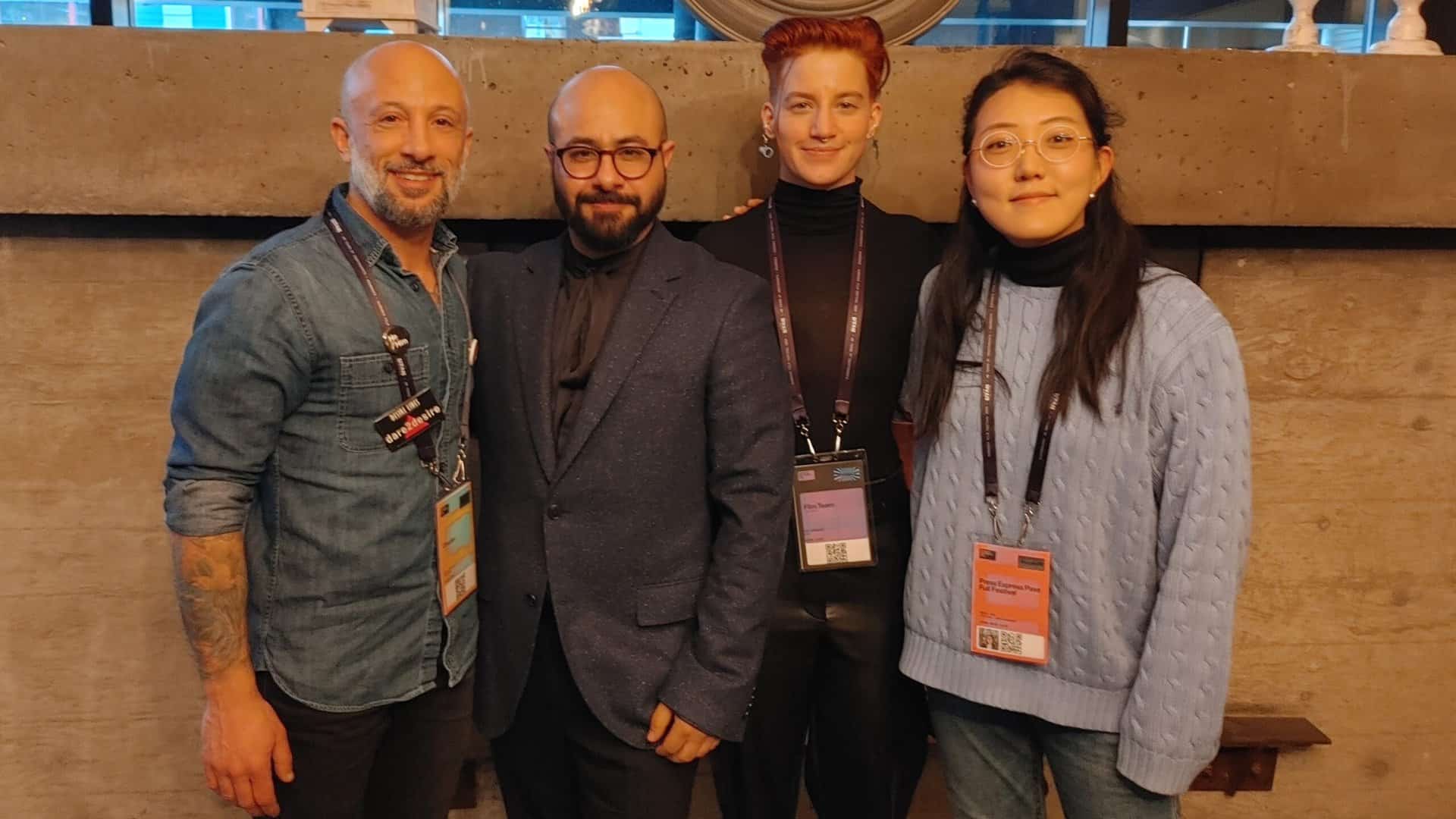After directing the short film “Ordinary Woman” (2009), Jung Won-hee went to France to study. At Paris 3 University, she completed her master′s degree with a thesis on motion picture aesthetics. She directed several short films, including “Francois: (2013) and “Belle Ville” (2016) in Paris. “Doom Doom” is Jung Won-hee′s first feature film.
On the occasion of her being a member of the Marc Haaz Jury at FICA Vesoul, we speak with her about the inspiration behind the film, electronic music, the relationship between mothers and daughters, working with Kim Yong-ji and Yoon Yoo-sun and other topics
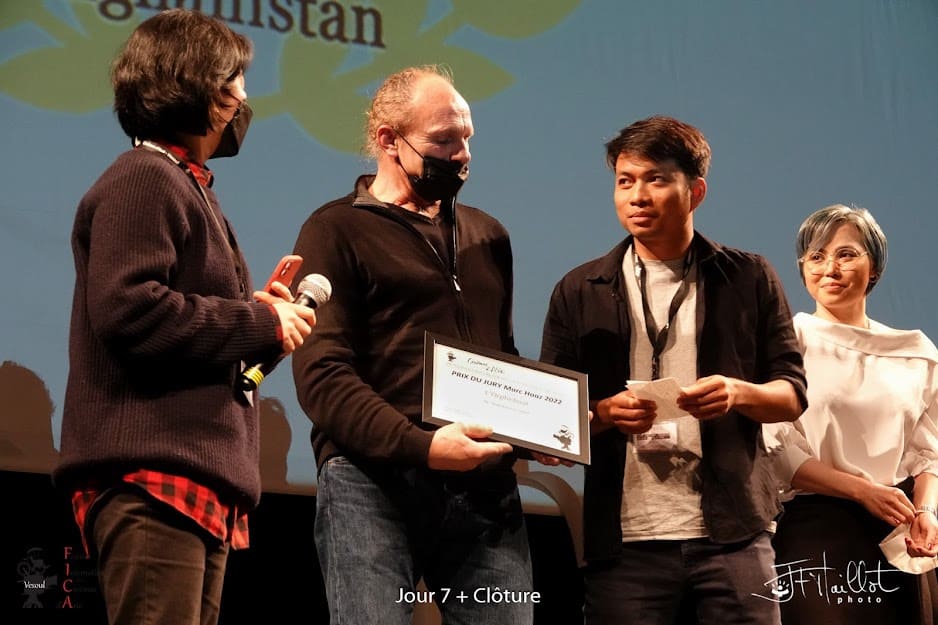
Translation by Talgat Abdrakhmanov
What was the inspiration behind the film?
I really like electronic music, not only for dancing but also because it helps me overcome my stress. This is a story focusing on the relationship of a mother and her daughter and I used music to express the feelings of these two characters, with the fact that the music is intense, essentially mirroring the ways the daughter's heart beast and the fact that she wants to escape reality.
How about the other aspect of the movie, regarding the relationship of the mother and the Thai girl she “adopts”?
After losing her husband, the mother became rather religious. Since the Thai girl, Kanila left her child in her country, the mother wanted to help her, but essentially, the girl does not need any help. However, the mother continues to help the Thai girl, even though she is rather independent. I-na does not like this attitude of her mother and that is why there are some bad feelings between the two of them. In the end, however, I-na starts understanding the Thai girl, since her kid is also living with another family. Furthermore, Kanila is the only one who understands how I-na feels, because there are no other people in the protagonist's life that can do so. This is the role of the Thai girl within the narrative.
What is your opinion on motherhood?
Generally speaking, the relationships between mothers and daughters are always complicated. For boys, this is a rather difficult concept to understand, because their relationships with their mothers are much different. So, creating a distance between a mother and a daughter is difficult; in the movie, I-na tries to keep a distance but her mother insists on being very close. In general, because for girls, their mothers are the people closest to them, it is easier to be friction there, even if they do love each other in the end. During the course of the movie, I-na discovers her mother, which is essentially the main topic of “Doom Doom”.
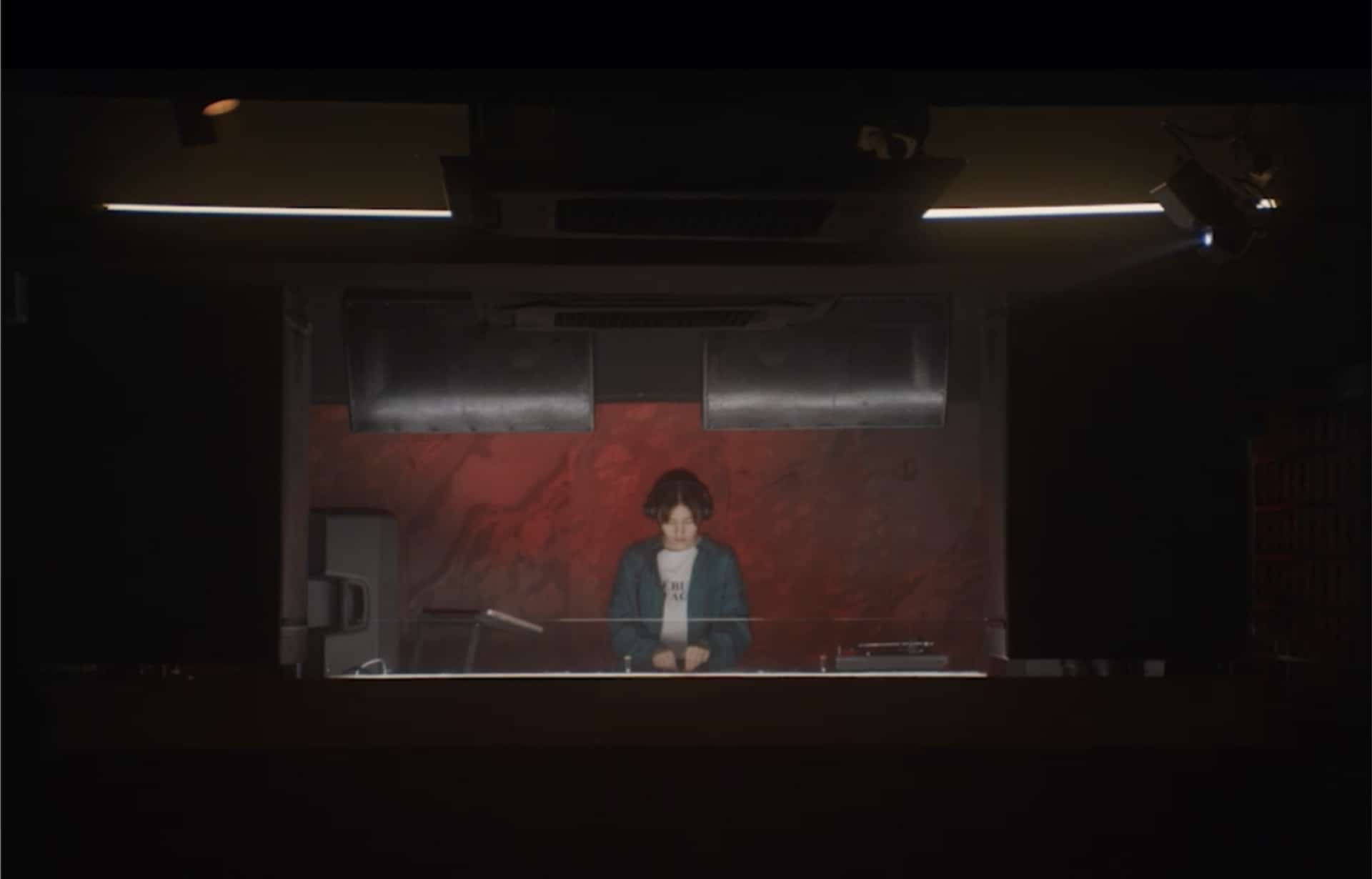
Can you give us some details about the electronic music scene in Korea?
It is still underground, people in Korea in general do not know much about it. K-pop is much more popular. In the movie, I-na is interested in electronic music, but electronic has many styles within, one of which is EDM, which is the most popular sub genre. She, however, chooses another style, techno, and her friends do not understand why she chose this kind of music, since EDM is much more popular. I-na chose techno because this kind of music expresses her feelings better, particularly when she experienced hard times.
Why does the club owner insist on playing music that is not popular, even though this is leading his club to close?
Both the owner and I-na like techno, and that is how they became friends in the beginning. I-na however is not sure about him, but as time passes, she realizes that, despite the fact that the people around only care for money, he retained his humanity, and he did not change in order to get more. It is the same thing with cinema, between the mainstream and the independent.
Would the two of them ever become a couple if the movie continued?
No. They respect each other, but that is all there is.

How was your cooperation with Kim Yong-ji and Yoon Yoo-sun?
Kim Yong-ji is a new actress, since before “Doom Doom”, she only played in TV series, and she was quite enthusiastic about the part. I was really difficult, since I-na appears in almost all the scenes, but in the end, we had a good time shooting the movie. Yoon Yoo-sun, who plays the mother, is more famous, since she has played in a lot of movies and TV series. She also enjoyed participating in an independent production.
Can you tell us a bit about the cinematography and the visual aspect of the film in general?
Itaewon is an area in Seoul where many foreigners live. Since the bar and the club in the movie are located in this area, where the multicultural element is quite intense, I wanted to express this fact through the bright colors and lights. When I-na returns to her apartment, the colors are much darker, which better mirror her reality. Since I-na, just like most Korean women, is not particularly expressive with her feelings, it is difficult for the viewer to understand what she is thinking. Therefore, I used the music, the camera, and the lights to show her feelings.
What is your opinion regarding the Korean movie industry at the moment?
It is very difficult for independent filmmakers to shoot good movies, while mainstream ones are not that good. After directors like Bong Joon-ho, Park Chan-wook, Kim Jee-woon etc, there are not many worthy, no second generation, because, during the 2000s,when the aforementioned started directing, there were many opportunities to shoot different kinds of cinema, experiment, something that does not exist now.
Are you working on any new projects?
I am writing a new script at the moment.


